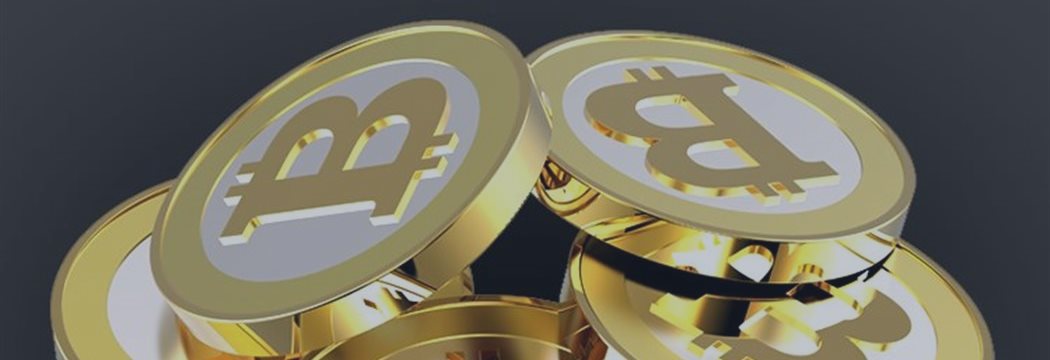Bitcoin Is A Major Difficulty For World’s Central Bankers They are faced with the questions: should they ban it, regulate it, embrace it, or ignore it?
One keen observer says, “Their best bet would be to let Darwinism take its course, and resist the regulatory impulse to interfere with either its survival or ‘death’ and, if it lives, step aside and celebrate innovation not move block its progress.
Bitcoin poses a challenge to central bankers’ exclusive power to print money, no one yet know how they will respond to it. Reports the European Central Bank (ECB) and the Bank of England (BOE) suggest they are working keep all options open. The ECB’s listed central bank views on what Bitcoin is or is not.
Sweden and Finland deny it is a currency. Finland disqualified it as a manner of payment, Sweden taxes it as an asset. Germany regards it as a unit of account, like the International Monetary Fund’s Special Drawing Rights (SDRs), not legal tender but a form of financial instrument. The US Fed regards the technology as not “sufficiently mature,” in need of “further exploration and monitoring”, and that it does not have the right to regulate digital money. The ECB’s notes that there are as many as 500 different virtual currency platforms, mostly variations of Bitcoin’s open-source system.
The bank does not say that anyone is using anything other than Bitcoin to make payments. Bitcoin is a tiny fad in the world of finance. The ECB contrasts the 69,000 daily Bitcoin transactions globally with the 274-M non-cash payment transfers each day just in the EU. It also highlights that in both number and volume of transactions. Bitcoin is tiny compared to regular payment systems The ECB notes that digital currencies currently have fundamental flaws, including the lack of refund rights if your account makes payments not authorized, whether by fraud or accident, plus the existence of what it calls “Scamcoins” designed to fraud participants.
Why users like Bitcoin; cheaper transaction costs, no geographical borders, faster settlement and the anonymity of the system all offer advantages over traditional methods of the money business. A BOE report follows the central bank orthodoxy of denying that digital currencies can count as money because of their minuscule role in the buying and selling of things. Their data indicate that digital currencies are primarily viewed as stores of value, and are not usually used as mode of exchange. It is argued that money is distinct from a long-term asset. The argument is that people do not expect the value of money to increase in value over time, and part of the definition of what constitutes money Vs an investment is that money is a medium of exchange.
People buy things with money, not with investments. The conclusion of the BOE’s report is that it may consider introducing its own version of Bitcoin. Saying that the technology involved “may have significant promise.” “A central bank-issued digital currency might be a more easily controlled means of settlement and exchange,” said a senior research adviser at the central bank. Based on the position of the BOE it is clear the central banks would prefer virtual currencies to fade away on their own.
If that does not happen they will move to position Bitcoin and the other digital platforms into existing oversight frameworks, and the apply rules, codification and administration. Dampening digital currencies in officialdom would then deny their Key attraction to advocates and users, so then with the government blankets, Bitcoin becomes a not issue. Stay tuned…



